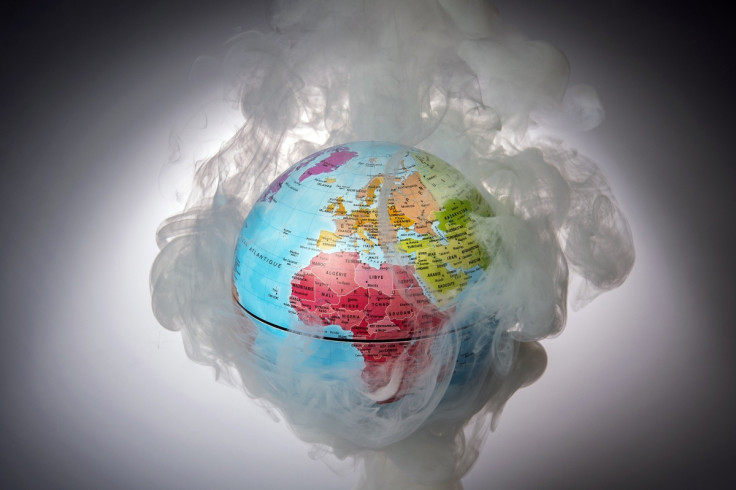Climate change: Public support for tough action drops

Public support for strong action on climate change has declined in six years, says a poll carried out in 20 countries. While more people are aware of climate change and blame humans for extreme weather events, concerns about the economy and terrorism were bigger. Harsh climate action that could impact the economies is not as welcome as six years ago before the Copenhagen climate meet.
It was only in Canada, France, Spain and the UK that the poll revealed majorities in favour of their governments taking a leading role and setting ambitious targets at a global conference in Paris. Around 1,000 people in each of 20 countries were questioned about their attitudes. The survey was carried out by GlobeScan in January and February of 2015.
An average of 42% of those polled want their government to play a leadership role in setting ambitious targets, while another 41% support only gradual action.
"The public are less concerned about climate change, and when you put that in the context of the climate conference in Paris, the findings show less support for an ambitious and binding agreement at a global level than there was ahead of COP15 in 2009 in Copenhagen," Lionel Bellier, from GlobeScan told the BBC. "It's not an abrupt change of views, the trend seems to be now towards a softer approach."
Less than half saw climate change as a very serious problem as compared to the 63% who believed so during a similar poll before the Copenhagen meeting in 2009. Eight countries then had majorities favouring tough action. Support for strong action at the Paris conference has only grown in three of the 20 countries polled. Public support has also declined in developing countries like China and Indonesia where global economic recession has diverted attention.
Evidence piles up
As more than 190 nations meet next week at Paris to forge a climate deal, the evidence against man-made climate change is pouring in. Global average surface temperatures in 2015 look set to breach the milestone of 1C above the pre-industrial era. The next year is predicted to be hotter thanks to an unrelenting El Nino.
Extreme weather events that made up most of the global disasters have cost the global economy between $250bn ($165bn) and $300bn each year, besides claiming around 606,000 lives in the past 20 years. A report by the UN Office for Disaster Risk Reduction suggests that weather-related disasters will only worsen in the coming decades. The agency recorded a 14 % increase in weather-related disasters between 2005 and 2014 over 1995-2004.
Going by the G20's statement on climate change released in Turkey, hopes of any major achievement at Paris look dim. Apart from no clear proposal on raising the $100bn a year towards the green fund, a lack of clear commitment on boosting renewable energy or ending fossil fuel subsidies and vague language used in the communiqué by the 20 top economies responsible for more than three-quarters of global greenhouse gas emissions have left many disappointed.
© Copyright IBTimes 2025. All rights reserved.




















